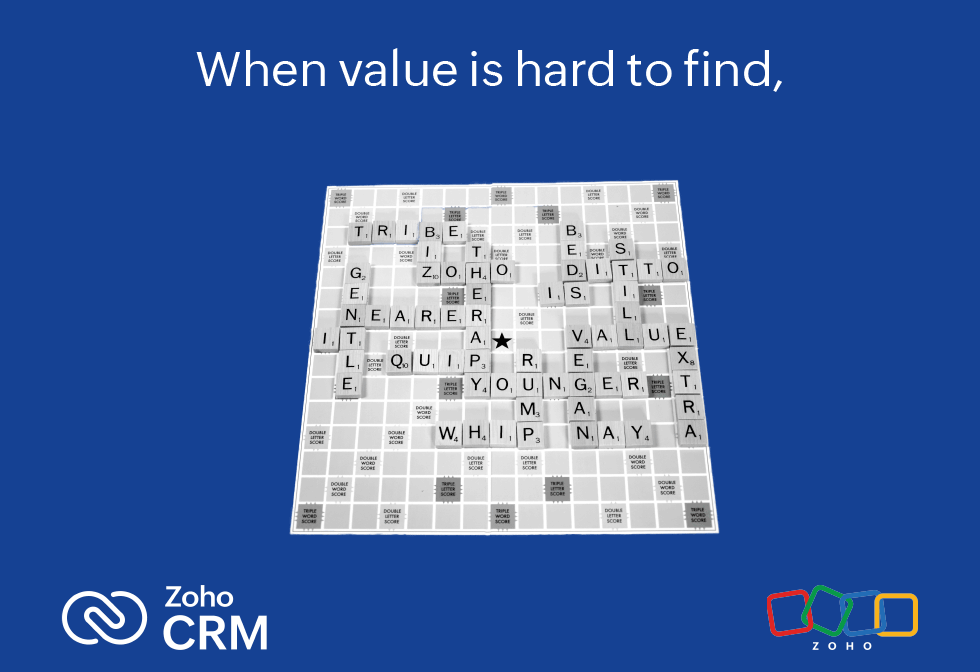Life sciences and tech start-up’s still top of the list for investors

High inflation and an uncertain economic environment has signalled the end of an era for cheap money and ultra-low interest rates! However, in all market conditions there are still opportunities for viable start-ups searching for investment, especially in the tech and life sciences sectors, that are renowned for innovation and the potential for higher returns.
Jason Mitchell, Partner, MHA asks: Who are the different types of investors and what could be right for you?

Angel investors: Angel investors invest their own money in return for a minority stake in a start-up business, typically anything from £50,000 to £200,000 or more, either as a lone investor, or by joining with others as a syndicate, or even via crowdfunding. They usually get involved with a start-up 3-12 months before a larger so-called seed investment round. Once the start-up makes some progress, angel investors may introduce it to seed funds.
Seed funds: Seed funding provides the initial capital to get the business off the ground. A typical ‘seed round’ might include 2-5 seed funds. No seed fund takes up the whole round and when one fund invests, in most cases they will introduce the founder(s) to other seed funds.
Series A funds: There is a slight blurring of the dividing lines between the early-stage seed funders and Series A funds, which are like seed funders, but usually more focused on start-ups that already have turnover. As the business grows and matures, it will often progress to Series B and Series C funding rounds.
Family offices: These tend to be entities set up by high-net-worth families to manage their wealth and investment activities. They tend be more selective in the investments they choose and are not usually mandated to deploy capital in the same way a Venture Capital (VC) or Private Equity (PE) fund, (that often has delegated authority to make investment decisions without ongoing reference to investors).
Corporates: These tend to be private companies but can also be listed entities with specialist investment units. Generally, they are seeking complementary intellectual property (IP) or investments that fi t into a longer-term strategy; Google, for example, invests in start-up apps based on the Google Assistant platform amongst others.
How do these investors compare?
Angel investors tend to comprise high-net-worth individuals who have both the personal liquidity and risk appetite to make non-controlling investments in start-ups. Alongside a founder, angels will often be the earliest equity capital into a business. Angels will usually have made their wealth from entrepreneurial or other business pursuits. Although they are likely to be passive investors, they can be more involved, especially if they have specific sector experience.
Seed and Series A funders bridge the gap between angels and VC’s. They invest both in start-ups with no revenue, and increasingly in those that are already generating income. They also tend to have the short-term objective of accelerating growth in preparation for an early second round of fundraising. In contrast, VCs raise capital from partners such as high-net-worth individuals, corporates and other entities including institutional investors. VCs focus on young, innovative businesses that can be pre-profit, and in some cases, pre-revenue, although this is unusual.
At the upper end of the market for funding, private equity raises funds from institutions such as pension funds, endowments and insurance companies, to take controlling (51%+) ownership positions in companies generating positive EBITDAs (Earnings Before Interest Tax and Depreciation & Amortisation) with strong growth potential.
Other considerations
Seed Enterprise Investment Scheme (SEIS) & Enterprise Investment Scheme (EIS)
Where possible, investors will want their investment to qualify for tax relief under either SEIS, or EIS which are designed to help attract funding for early-stage businesses while removing some of the barriers to accessing funds from other sources, such as banks, where business owners are required to provide personal guarantees. There are strict conditions for both the business and the investor, but SEIS and EIS off er generous tax reliefs to investors, such as Income Tax Relief, Loss Relief and Capital Gains Tax (CGT) Disposal Relief.
(SEIS provides more generous tax reliefs to incentivise equity investment in early-stage companies before they access EIS funding. The main difference being that SEIS-qualifying companies must be smaller and newer than EIS-qualifying companies).
How to improve your chances of securing investment as a start-up or scale-up

Try to match your business proposal to investors with appropriate sector experience, so they’ll be able to get your ideas more quickly and see the potential.
Once you have their interest, you will be invited to make a short presentation where you will have the opportunity to articulate a brief overview of your ideas and business plan.
Investors will want to know what issue your business idea, or intellectual property is seeking to resolve, what market need is it meeting and if it is providing a solution that isn’t already available. They will also want you to quantify the market and potential scalability, providing an analysis of pricing and a robust financial forecast.
Bear in mind that the more empirical and ‘real market data’ you have the better. Address any potential barriers and demonstrate you have considered various scenarios in your planning. Provide your own insight on any obstacles to market entry and, where there are incumbent competitors, address how they may react, especially in terms of pricing.
If there is a founding team, investors will also want to understand how well you work together, who may be critical for success and that you are all committed for the long term (5 years or more as an example).
Investors questions are likely to focus on the ‘what’, ‘why’ and ‘how’, and will home in on any points or matters that you haven’t covered sufficiently in your pitch. Expect to be challenged and try to avoid subjective opinion and focus on evidential support.
Finally, have your questions for the investors planned out to both demonstrate that you are discriminating and expect more than passive investment, and to ensure you are clear about investor expectations. If the investor remains interested, they will carry out further sector research and due diligence.
Entrepreneurs are often incredibly passionate about their start-up, so rejection at an investor pitch can be a huge blow, but it’s worth bearing in mind that for every successful investor pitch, 150 to 200 others may have been turned down. Even the best ideas can be rejected because the timing wasn’t right for that particular investor, the numbers didn’t quite stack up, or the pitch wasn’t as polished or comprehensive as it could have been.
Consider rejection as part of the process, as while your opportunity may not be right for one investor, it doesn’t mean that another investor isn’t the perfect fit. Ask for high-level feedback and advice as each pitch is a valuable opportunity to re-evaluate, revise, refine or tailor your pitch.
MHA have highly experienced advisors with the expertise and insight to help clients secure the right type of funding for the next stage of their growth in all market conditions. Please get in touch if you would like to talk through the various options.
For more information about MHA visit www.mha.co.uk and to find out more about how the firm supports clients with securing investments, email Jason Mitchell at Jason [email protected] [email protected]














